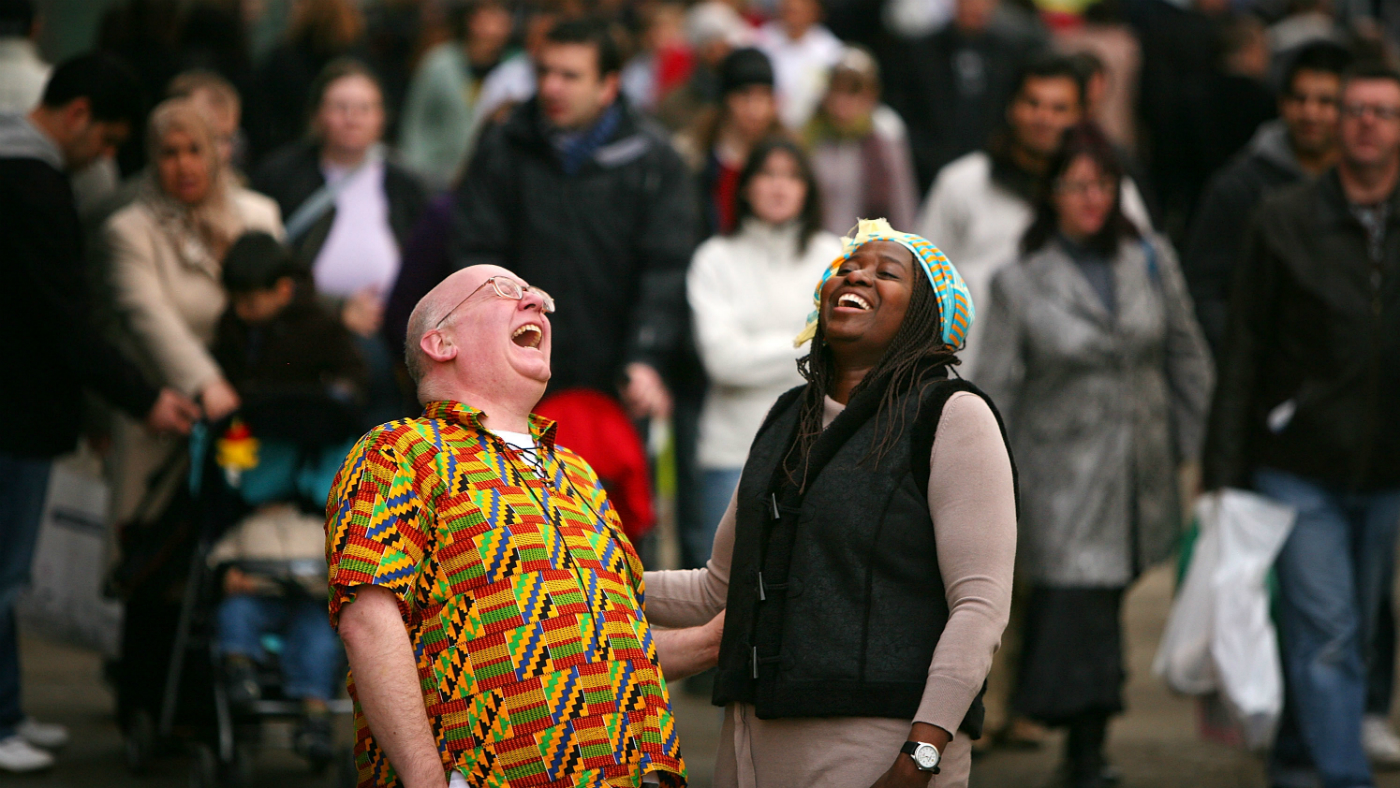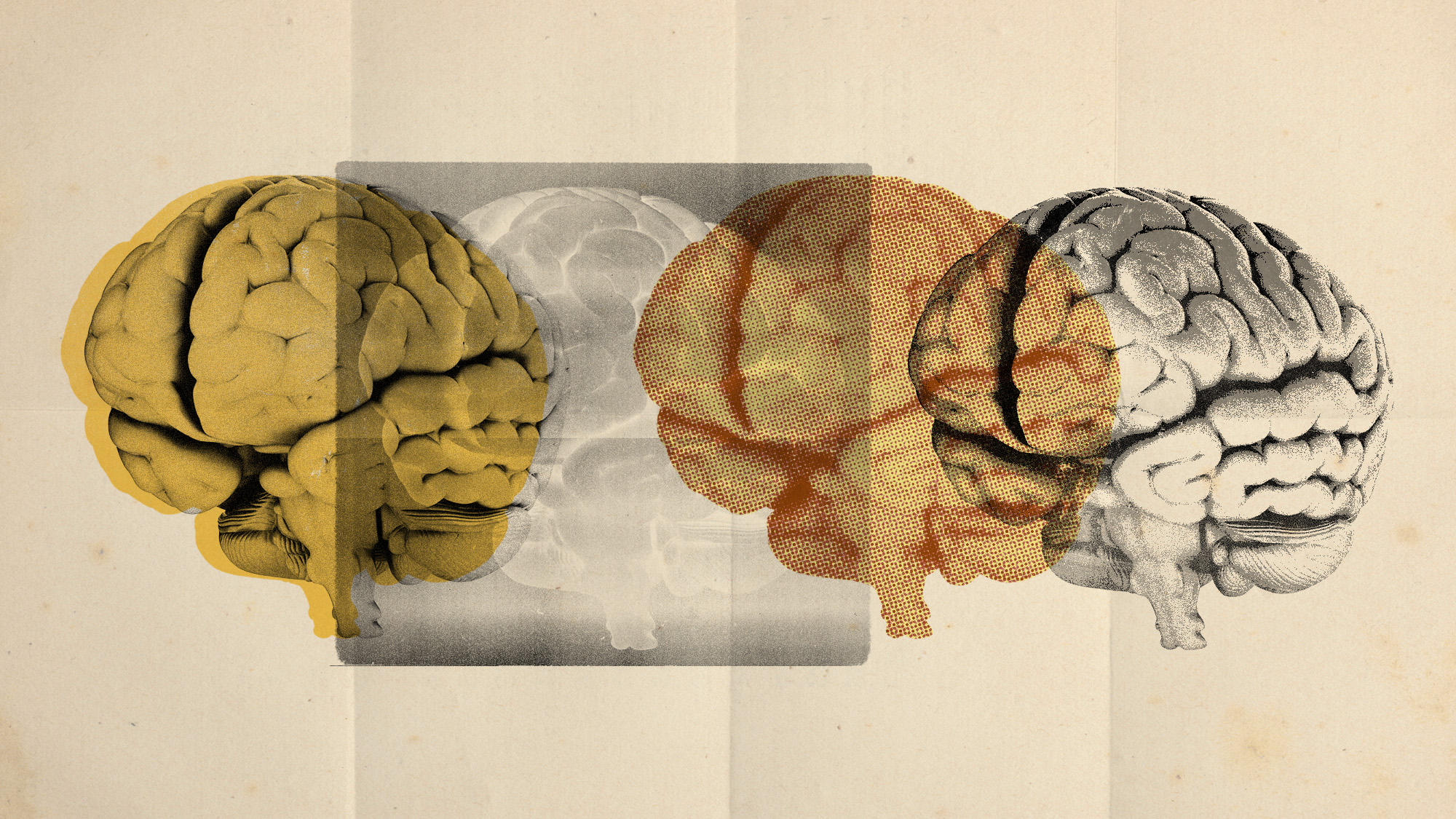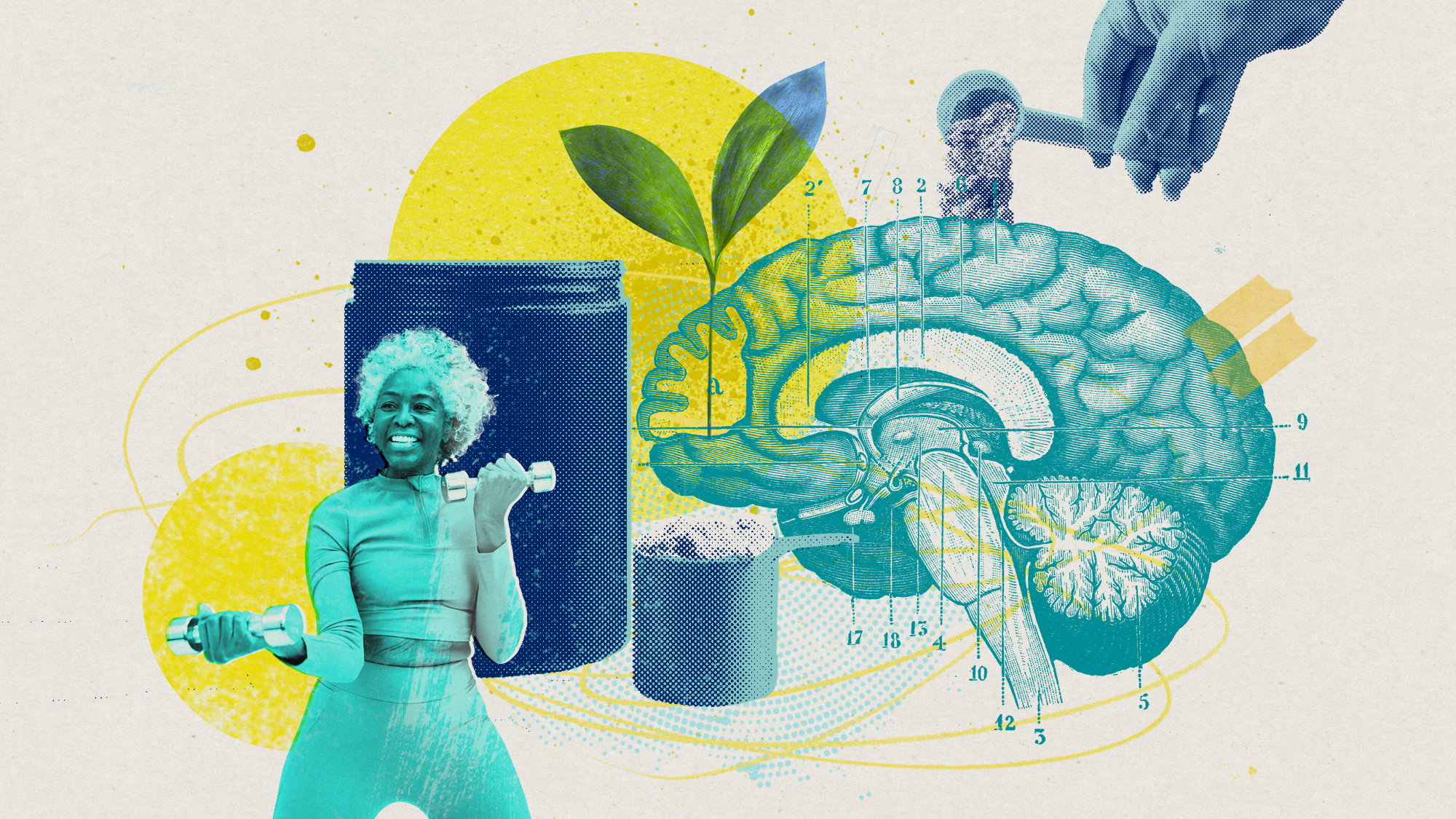How to make British people happy
Survey finds socialising, sleep and a good sex life are key - along with avoiding public transport

A free daily email with the biggest news stories of the day – and the best features from TheWeek.com
You are now subscribed
Your newsletter sign-up was successful
Sleep quality and sex life satisfaction are the most important factors in making British people happy, according to a new study.
The latest Sainsbury’s Living Well Index, based on a survey of more than 8,000 people, found that “feeling like you have enough time” was also key, along with sitting down to eat with other people.
However, the nation’s overall happiness have dropped by 0.5 points, to 60.7 out of a maximum 100, in the months since the previous index, in September 2017.
The Week
Escape your echo chamber. Get the facts behind the news, plus analysis from multiple perspectives.

Sign up for The Week's Free Newsletters
From our morning news briefing to a weekly Good News Newsletter, get the best of The Week delivered directly to your inbox.
From our morning news briefing to a weekly Good News Newsletter, get the best of The Week delivered directly to your inbox.
Debt, concerns about the cost of living, cold weather and public transport delays are among the factors that contributed to the lower score, according to the report, created in partnership with researchers Oxford Economics and the National Centre for Social Research.
“It stands to reason that we all feel happier in the summer months, but the analysis suggests this is partly because we socialise more and spend more time outside, which we’re less able to do in winter," said Ian Mulheirn, director of consulting at Oxford Economics.
“And in an age of unprecedented digital distraction, it appears that real, human connections are far more beneficial to our well-being than the connections we make online.”
You can take a simplified version of the Living Well survey to see how your score compares with the national average.
A free daily email with the biggest news stories of the day – and the best features from TheWeek.com
-
 The environmental cost of GLP-1s
The environmental cost of GLP-1sThe explainer Producing the drugs is a dirty process
-
 Greenland’s capital becomes ground zero for the country’s diplomatic straits
Greenland’s capital becomes ground zero for the country’s diplomatic straitsIN THE SPOTLIGHT A flurry of new consular activity in Nuuk shows how important Greenland has become to Europeans’ anxiety about American imperialism
-
 ‘This is something that happens all too often’
‘This is something that happens all too often’Instant Opinion Opinion, comment and editorials of the day
-
 ‘Longevity fixation syndrome’: the allure of eternal youth
‘Longevity fixation syndrome’: the allure of eternal youthIn The Spotlight Obsession with beating biological clock identified as damaging new addiction
-
 RFK Jr. sets his sights on linking antidepressants to mass violence
RFK Jr. sets his sights on linking antidepressants to mass violenceThe Explainer The health secretary’s crusade to Make America Healthy Again has vital mental health medications on the agenda
-
 The app tackling porn addiction
The app tackling porn addictionUnder the Radar Blending behavioural science with cutting-edge technology, Quittr is part of a growing abstinence movement among men focused on self-improvement
-
 Scientists have identified 4 distinct autism subtypes
Scientists have identified 4 distinct autism subtypesUnder the radar They could lead to more accurate diagnosis and care
-
 'Wonder drug': the potential health benefits of creatine
'Wonder drug': the potential health benefits of creatineThe Explainer Popular fitness supplement shows promise in easing symptoms of everything from depression to menopause and could even help prevent Alzheimer's
-
 Fly like a breeze with these 5 tips to help cope with air travel anxiety
Fly like a breeze with these 5 tips to help cope with air travel anxietyThe Week Recommends You can soothe your nervousness about flying before boarding the plane
-
 RFK Jr.'s focus on autism draws the ire of researchers
RFK Jr.'s focus on autism draws the ire of researchersIn the Spotlight Many of Kennedy's assertions have been condemned by experts and advocates
-
 Mental health: a case of overdiagnosis?
Mental health: a case of overdiagnosis?Talking Point Issues at 'the milder end of the spectrum' may be getting wrongly pathologised